The MUPEL project [micro-units of water production in the lake environment] consists in the installation in each of the lake and semi-lake villages of the commune of Sô-Ava of one or more drinking water production facilities with a capacity of 1000, 2000 or 5000 liters/day according to their needs determined in 2030.
It is part of a global approach that attempts to federate the SDG targets by establishing the interrelationships between the cross-cutting objective relating to "access to water" (SDG6) and the underlying SDG objectives likely to impact or be impacted by the implementation of the project. The MUPEL project therefore advocates an integrated vision that aims to contribute, within the means mobilized, to the implementation of actions that bring tangible progress towards the sustainable development goals (SDGs) in "reducing the poverty cycle" (SDG1) by introducing innovative solutions:
a. Drinking water supply using micro units for drinking water production, especially by purifying lake water using reverse osmosis technology [ODD6].
b. Use of photovoltaic energy for water pumping, operation of the MUPELs and possible power supply to some households located around the micro-units of production [ODD7] to illuminate the area of the installation.
c. Significant reduction of waterborne diseases and diarrhea with the supply of quality drinking water to the population and an expected consumption of at least 01 liter per person [ODD3].
The implementation of the major objectives of the MUPEL project [water-electricity] raises other underlying issues related to the objectives linked to "sanitation and hygiene" [SDG6], "access of young people to employment and training" [SDG8], conservation of the natural environment for the protection of the lake's resources [SDG14].
See the presentation material
- Intervention theme
-
- Water - EHA
- Environment
- Sanitation
- Area of intervention
-
- Benin
- Skills required
-
- Search for funding
- Installation of equipment/machinery
- Operation of equipment/machinery, production
- Distribution
- Networking (networking, integration into the local ecosystem)
- CSR approach (relationship with stakeholders, optimisation of resources, environmental regulations, etc.)
- Field study/analysis (analysis of local needs and uses, market study, socio-cultural analysis)
- Project coordination
- Communication
- Impact assessment
- Latrine construction, waste management, river clean-up
- Type of partnership
-
- Sponsorship
- Service/Customer
- Co-construction
- Financing
- In search of funding
The MUPEL project was initiated through an intelligent partnership between the Beninese NGO "Terre Nouvelle" and the French R/D association "UNIGAIA", which specializes in the design and production of hydration solutions for fragile people.
The objective, beyond access to clean water for a population in distress and the reduction of waterborne diseases that plague these isolated areas, is to contribute to some extent to the promotion of local tourism in support of efforts undertaken in the framework of the PAG 2021-2026 and the project "Reinventing the lake city of Ganvié.
The MUPEL project is therefore in line with this perspective of economic and social progress for the benefit of the inhabitants of the lakeside towns of Sô Ava.
UNIGAIA, the collective solutions manufacturer, and the French company COSWATECH INTERNATIONAL, specialized in the purification and production of drinking water, have recommended the "MUPEL" solution, which is based on a "reverse osmosis" water purification system, the most efficient in the world, using solar pumping of the lake water!
The MUPEL solution will provide the inhabitants of the lakeside villages with healthier water, of higher quality than the standards of locally produced drinking water and mineral water.
Starting from a retrospective analysis of the context marked by the state of isolation and vulnerability in which the lake villages of the region live, the MUPEL project, while focusing its attention on access to drinking water, has necessarily posed itself as an integrated project in the spirit of the objectives of sustainable development (ODD2030) by calling attention to the other underlying stakes which are: "access to sanitation services and hygiene" - "access to energy" - "conservation of the natural environment for the protection of the lake's resources", "waste recovery", "access to employment and training", ...

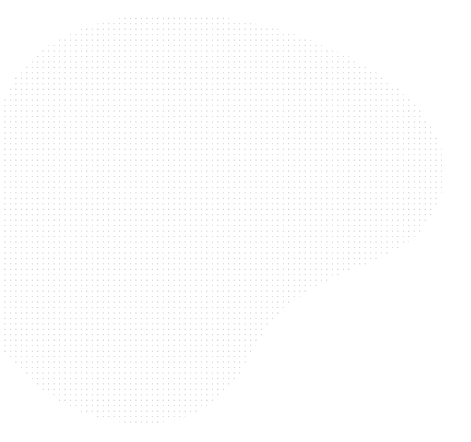
Sö-Ava is one of the eight most populated communes in the Atlantic Department, with an estimated population of nearly 170,000 inhabitants. With a surface area of 218 km², the lake areas occupy 82% of the territory of the commune.
Located on the shores of Lake Nokoué, the commune is subdivided into seven districts, five of which are built entirely or partially on a 142 km² body of water and wetlands, namely Ganvié 1, Ganvié 2, Vekky, Dékanmey and Houedo-Aguekon. These five lacustrine and semi-lacustrine cities are home to more than 126,000 inhabitants, i.e. 75% of the population of the commune, spread over some fifty villages.
Approximately 80% of the active population is engaged in fishing, commerce, (traditional) agriculture and tourism. Tourism occupies 45% of the active population of Ganvié. Access to Ganvié is only through the lake which is located at the border of the commune of Abomey Calavi.
The natural environment of these lake areas does not facilitate the life of the populations who do not enjoy certain rights such as the supply of drinking water and electricity, the availability of sanitary facilities and showers, the construction of drainage and sewage systems as well as health infrastructures and other amenities for the well-being of households.
A monographic report prepared in 2019 by the Ministry of State in charge of Planning and Development on the communes of the Atlantic and Littoral department gives an overview of the critical situation of the commune of Sô- Ava, 53% of whose population live below the poverty line.
The MUPEL project study, which covers the populations of the villages mentioned below, identified in the RGPH4-2013, determined the drinking water needs for approximately 32,500 households in 2030, which amount to 200 m3/day.
The lacustrine and semi-lacustrine villages (and wetlands) of the commune of Sô Ava are the following:
- Villages of the Ganvié I district: Agonmèkomey, Agoundankomey, Kpassikomey, Sokomey, Tohokomey
- Villages of the district of Ganvié II: Agbongamey, Ahouanmongao, Dakomey, Dossougao, Gounsoégbamey, Guèdèvié,
- Villages of the district of Vekky: Gbètingao, Hlouazounmey, Hounhoué, Kpacomey, Lokpodji, Nonhouéto, Todo, Somaï, Tchinancomey, Vekky Daho, Vekky dogbodji, Zounhomey
- Villages in the Dekanmey district: Djèkpé, Kpafè, Sakomey
- Villages in the Houedo-Aguekon district: Domèguédji, Gbégodo, Ganviécomey, Gbégbomè, Gbessou, Sokomey
The drinking water production capacity required to meet the needs in 2030, translated into the number of MUPEL devices required, is 87 MUPEL units distributed as follows:
o 43 Mupel 2000 (2000 L/J)
o 31 Mupel 1000 (1000 L/D)
o 13 Mupel 5000 (5000 L/D)
The implementation of the Mupel units will take place according to the following schedule, based on the needs of each village in Mupel units:
A. Preliminary program 2023/2024: 20% water coverage
B. Consolidation program 2024/2025: coverage of 60% of needs (+40% of capacities)
C. Completion program 2025: 100% coverage of needs (+ 40% of capacities
As part of the 2023 pilot program, an action plan for sanitation, hygiene and waste management works and measures is required prior to the establishment of the Mupels. In parallel, the construction of structures on stilts (in harmony with the environment) to house the Mupels will have to be undertaken.
The costs determined for each MUPEL category are as follows:
o Cost of the basic MUPEL 1000 unit = 39.5 M FCFA
o Cost of the basic MUPEL 2000 unit = 67.1 M FCFA
o Cost of the basic unit MUPEL 5000 = 83.7 M FCFA
The overall investment cost for the installation of 87 MUPEL units is 5,198 M FCFA
The average cost price of a liter of water produced in 2025 is 32.16 CFA francs for the MUPEL 5000, 64.45 CFA francs for the MUPEL 2000 and 83.10 CFA francs for the MUPEL 1000. This gives an average price per liter of water produced of around 50 to 60 CFA francs.
The feasibility of this project as well as the probability of its profitability are very high with regard to, on the one hand, the flexibility and the fast deployment of the device and, on the other hand, the considerable impact on the improvement of the living environment of the populations, the reduction of the hydric diseases, the tourist dynamics and the related activities (craft industry, river transport,?)
Local and international public funding as well as private funding is required to transform the Sô Ava region into an eldorado for its inhabitants as well as for native and foreign visitors.
The MUPEL project study strongly emphasizes the interest and timeliness of undertaking a complementary integration study with the definition of an underlying program to develop sanitation and waste management services, photovoltaic electrification, biodiversity preservation solutions (collection of waste and hyacinth that choke the lake), waste recovery, ...
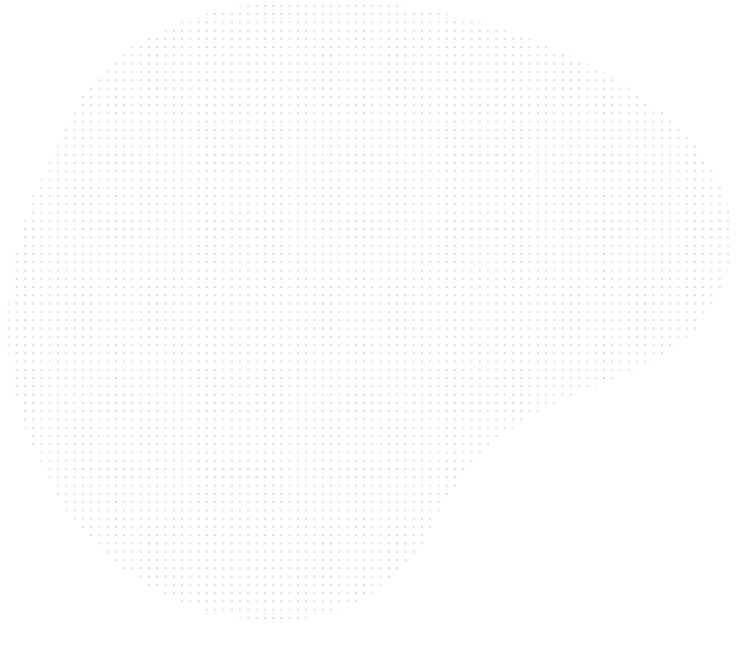
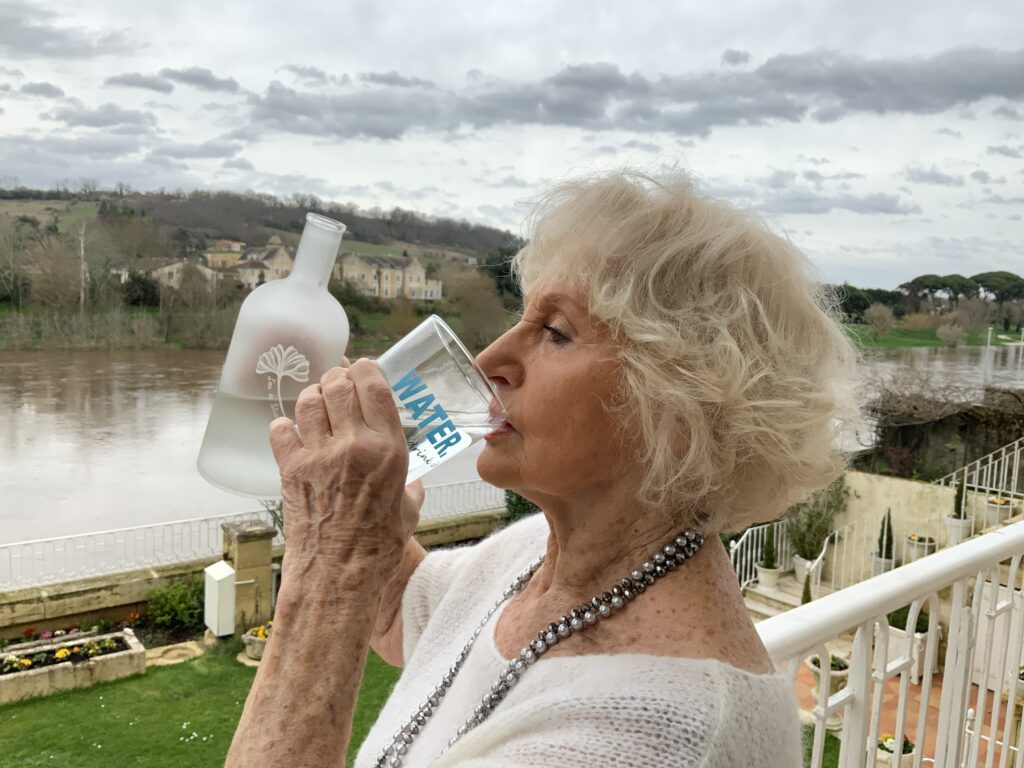
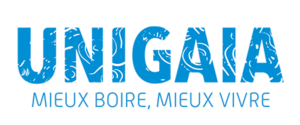

Are you interested in this project?
Get in touch with UNIGAIA Association the collective solutions factory
to obtain contact information
You need to be logged in to request a match.
New to Coexist?







